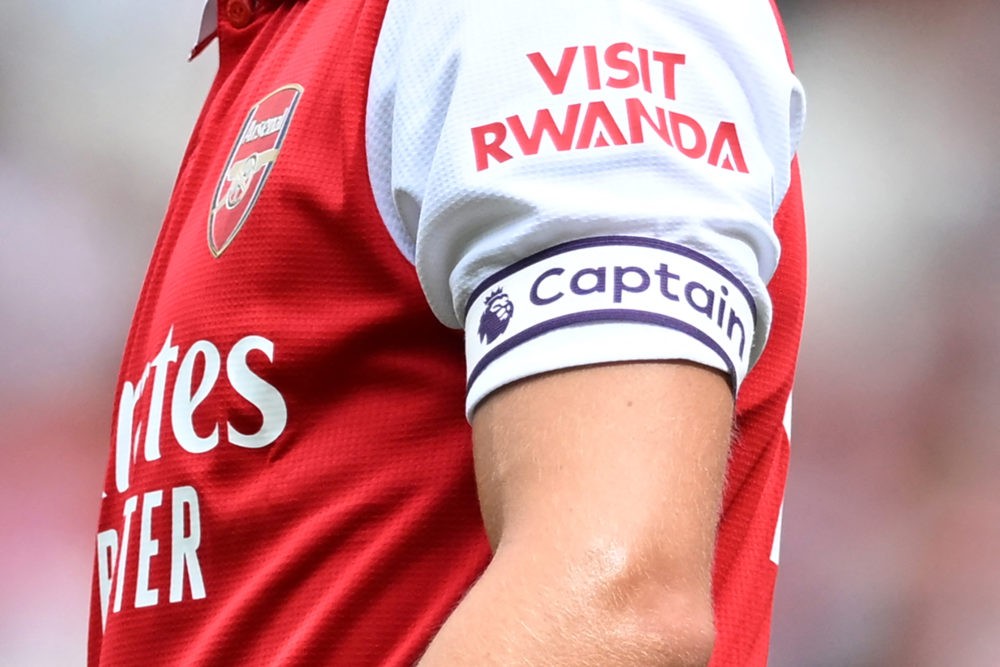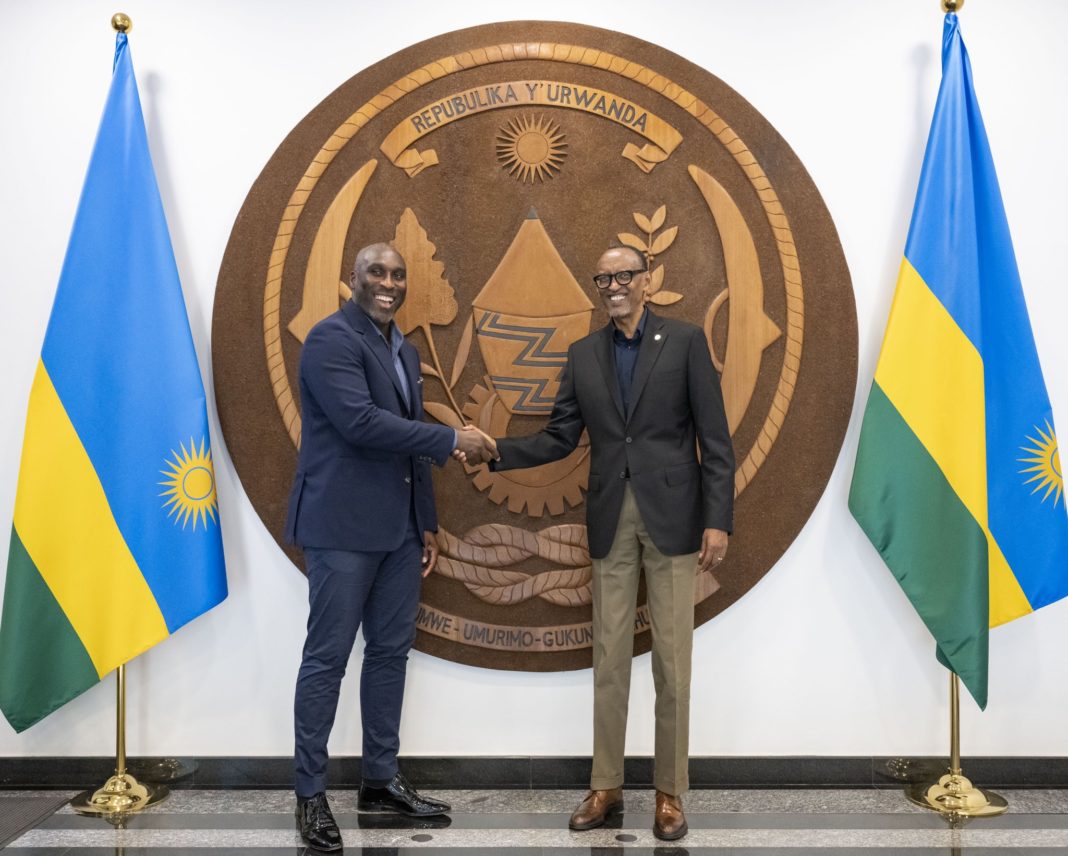Former Arsenal defender, Sol Campbell, made his way to Rwanda for the 19th Kwita Izina gorilla naming ceremony.
The event, part of Arsenal’s shirt sleeve sponsorship deal with Rwanda, puts an unusual but welcome twist on the club’s influence beyond football.
- Sol Campbell attends Rwanda’s 19th Kwita Izina ceremony, deepening Arsenal’s involvement in wildlife conservation.
- The sponsorship deal with Rwanda offers Arsenal a presence beyond football but raises questions about the partnership’s efficacy.
- While Rwanda’s commitment to conservation is clear, scepticism persists over how much a football club can actually contribute.
A pitch with a different kind of goal
It’s not every day one associates the rugged world of professional football with the delicate balance of wildlife conservation.
Yet, Sol Campbell did just that.
The Arsenal legend named a baby gorilla ‘Jijuka,’ meaning ‘enlightenment,’ but one must wonder—what exactly is being enlightened here?
Today at Urugwiro Village, President Kagame met with @Arsenal legend, Sol Campbell @SolManOfficial, who is in Rwanda for the 19th #KwitaIzina gorilla naming ceremony. The British professional football manager and former player named his baby gorilla Jijuka, meaning… pic.twitter.com/dFurmJnqnB
— Presidency | Rwanda (@UrugwiroVillage) September 2, 2023
Gorillas, names and conservation
For those of us who may not know, the Kwita Izina ceremony is far from mere nomenclature.
The event, heralded by AllAfrica.com as ‘a uniquely Rwandan event,’ is an earnest endeavour to protect mountain gorillas, a species teetering on the brink of extinction.
“The mountain gorillas,” reads the official Volcanoes National Park website, “are found only in small portions of protected afro Montane forests in northwest Rwanda, southwest Uganda, and eastern DRC.”
Rwanda‘s commitment to the cause is commendable, to say the least.
The Arsenal connection

So, where does Arsenal come into the mix?
The sponsorship deal with Rwanda has opened avenues for the club to make its presence felt in spaces other than football fields.
While sceptics might consider this a rather unorthodox partnership, Arsenal seem committed.
But let’s not get carried away—the club’s chief goal remains, as always, the round leather ball and not the round-bodied gorilla.
A historical perspective

Although the sponsorship brings a fresh angle to the club’s identity, it’s important to remember that this involvement comes in a broader context.
Until 1902, mountain gorillas were unknown to science.
“The relationship set the tone,” says the official Volcanoes National Park website, particularly highlighting the complex historical dynamics that have plagued the species due to poaching and deforestation. Scepticism still exists as to whether a football club can meaningfully contribute to such an entrenched issue.
A win-win situation?
While Sol Campbell‘s participation brings visibility to both Arsenal and Rwanda’s conservation efforts, questions about the long-term efficacy of such partnerships persist, particularly given the sparse coverage the event has received since Arsenal’s partnership with Rwanda started in 2018.
In fact, we covered the first gorilla naming ceremony Arsenal sent stars to and the one in 2020, but have seen little coverage elsewhere, especially in the UK.
With gorilla numbers at a critically low level and challenges like poaching persisting, is this more than just a public relations exercise for Arsenal?

